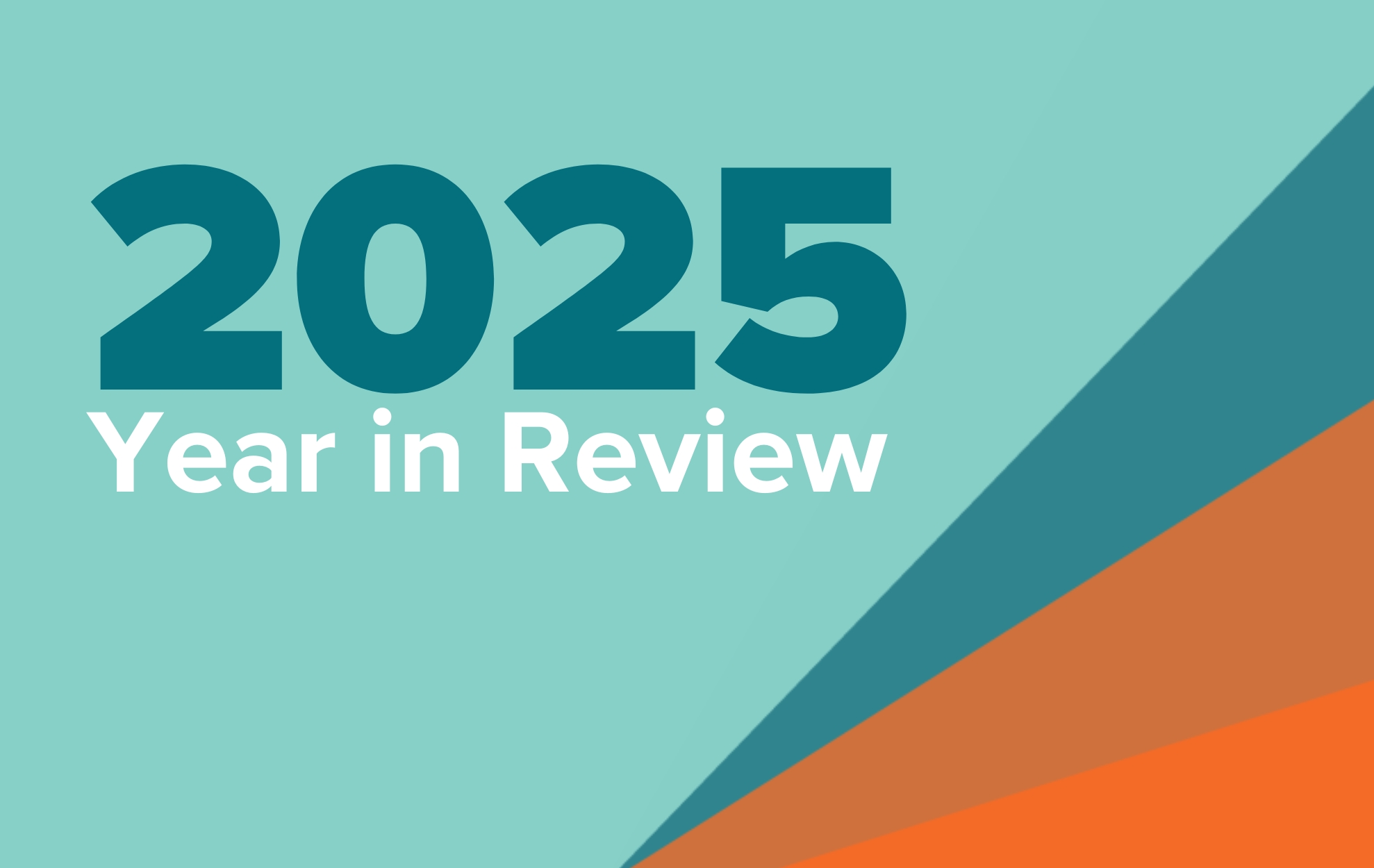Menopause Management: Guidelines, Updates, and Pearls from Dr. Wynne Leung

Menopause Management: Guidelines, Updates, and Pearls from Dr. Wynne Leung
Managing menopause in clinical practice can be complex, requiring a balance between symptom relief, long-term health, and patient concerns. Duuring our recent Learning Session, Dr. Wynne Leung (MD, FRCSC, OBGYN, MScHQ, MBA), an Obstetrician and Gynecologist on the platform with expertise in high-risk obstetrics and surgical gynecology, shared practical strategies for primary care providers on diagnosing, treating, and managing menopause.
This session highlighted current Canadian menopause guidelines, the role of hormone therapy, non-hormonal treatment options, and how digital health platforms like Alethea eConsults can support providers in offering timely, evidence-based care.
Understanding Menopause
Menopause is diagnosed retrospectively after 12 consecutive months of amenorrhea, most commonly between ages 45 and 55. For most women over 45, diagnosis is clinical, based on symptoms and menstrual history, without the need for routine labs.
Common symptoms include:
- Hot flashes and night sweats
- Sleep disturbances
- Mood changes (anxiety, irritability, depression)
- Vaginal dryness and urinary symptoms
- Cognitive complaints (“brain fog”)
- Musculoskeletal pain
Primary care providers play a central role in identifying and managing these symptoms, often without requiring specialist referral.
Hormone Therapy and Alternatives
- Menopause Hormone Therapy (MHT) is the most effective treatment for moderate to severe vasomotor symptoms and can help prevent bone loss.
- Transdermal estrogen is often preferred due to lower risks compared to oral therapy.
- Non-hormonal options include SSRIs/SNRIs, gabapentin, CBT, and lifestyle modifications.
Special Considerations
- Genitourinary Syndrome of Menopause (GSM): Local vaginal estrogen is first-line and safe for long-term use.
- Premature Ovarian Insufficiency: Requires systemic estrogen until the average age of menopause.
- High-risk patients: Transdermal low-dose estrogen is safest when MHT is indicated.
Supporting Primary Care with Alethea
Through Alethea eConsults, providers can quickly access specialist advice on complex menopause cases, for example:
- “Is MHT appropriate for a 52-year-old with controlled hypertension?”
- “How should I manage GSM in a breast cancer survivor?”
Dr. Leung concluded by noting how Alethea eConsults support PCPs in navigating menopause care:
- Clarifying complex or atypical cases.
- Interpreting labs in unusual presentations.
- Choosing safe MHT options for patients with comorbidities.
- Rapid turnaround, avoiding unnecessary referrals.
Key Takeaways
Menopause care should be individualized, balancing symptom relief with long-term health. Primary care providers are central in this process, and platforms like Alethea can enhance care through rapid, specialist-guided decision-making.
Want to dive deeper? Read the full learning notes here.
Join Alethea today to access exclusive learning sessions for Primary Care Providers and Specialists, and to enhance patient care with rapid eConsult support.







